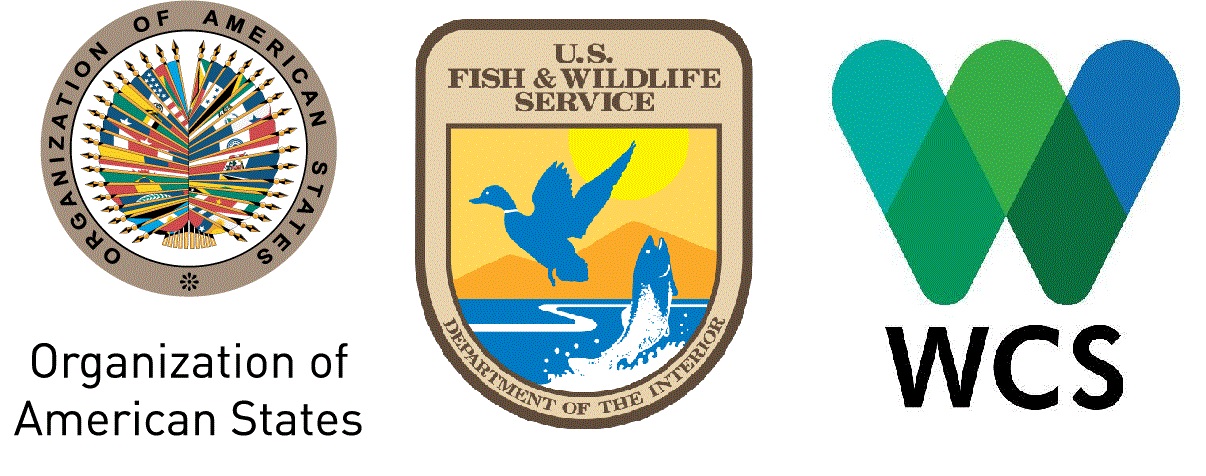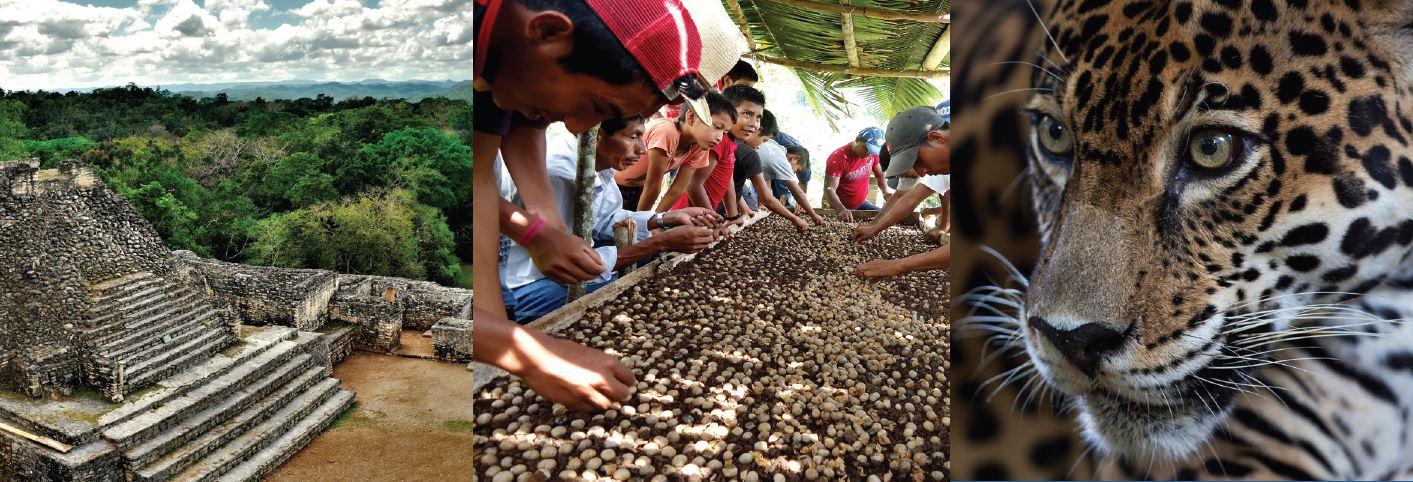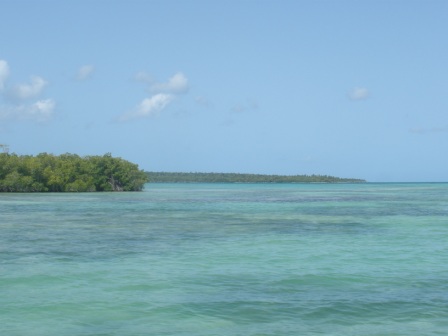- English
- Español
Regional Society of Conservation Professionals
On-going Projects
Publications
Past Events
Meso-America Regional Meeting


Image Credits (left-right): Travicted Photography / Creative Commons license.
ORCONDECO, Emmanuel Rondeau.
Meso-America Regional Meeting “Salvaguardando el futuro de las áreas silvestres más grandes de Mesoamérica y sus habitantes”:
Date: July 10-14, 2017
Venue: Flores, Guatemala
In June 2014, the United States Fish and Wildlife Service (USFWS) and the Organization of American States (OAS) Department of Sustainable Development (DSD) launched MESOAMERICA 2020. The goal is to ensure the conservation of the last remaining biodiversity-rich landscapes of Mesoamerica through strategic partnerships and effective-on-the-ground conservation actions at both a local and regional level. In 2015, the USFWS launched a dedicated small grants program focused on supporting local institutions to reduce key threats to Central America’s species and ecosystems. A five-year partnership with the Wildlife Conservation Society was created to secure protections for Mesoamerica’s five largest, most intact transboundary protected areas by 2020.
Within this context, the USFWS, the OAS/DSD and WCS are convening the working meeting entitled “Salvaguardando el futuro de las áreas silvestres más grandes de Mesoamérica y sus habitantes” as part of the MESOAMERICA 2020 Conservation Initiative. The meeting will gather Mesoamerican governmental protected area directors and wildlife officials as well as representatives from non-governmental organizations and international donor institutions interested in regional dialogue and cooperation on this issue.
The goal of this meeting is to address the most important threats facing Mesoamerica’s largest forest landscapes and their inhabitants, with a specific focus on the Maya Forest, Moskitia, La Amistad, Indio-Maiz-Tortuguero, and the Darien Gap. Key objectives include: sharing findings of the “Huella humana” analysis, identifying strategies and actions to reduce the impact of illegal cattle ranching on protected areas, including effective community forest management, and identifying strategies and actions to protect local people and forest managers. The meeting will be followed by a technical training on the use of SMART (Spatial Monitoring and Reporting Tool) to improve law enforcement monitoring.

Presentations
|
Wildlife Conservation Society |
La Huella Humana Mesoamericana 2000-2015 |
Presentation |
|
ACOFOP |
Perspectivas Comunitarias del Manejo Forestal en la Reserva de Biosfera Maya, Logros y Retos para su Continuidad |
Presentation |
|
Consejo Nacional de Áreas Protegidas |
La Ganadería Ilegal en la Reserva de Biosfera Maya, Estrategias para su Combate y Lecciones Aprendidas |
Presentation |
|
|
Casos Emblemáticos Usurpación a Aéreas Protegidas, Reserva de Biosfera Maya |
Presentation |
|
CONAP - Mexico |
Retos, Lecciones Aprendidas y Éxitos en la Conservación y el Manejo de la Selva Maya |
Presentation |
|
ICF - Honduras |
Mosquitia Hondureña |
Presentation |
|
Alianza Mesoamericana de Pueblos y Bisques |
Bosawas y los Territorios Indígenas - Nicaragua |
Presentation |
|
SINAC - Costa Rica |
|
Presentation |
|
Ministerio de Ambiente, Panama |
Aéreas Protegidas, Panama |
Presentation |
|
WCS |
SMART en el Contexto de Áreas Protegidas |
Presentation |
|
Parques Nacionales Naturales de Colombia |
SMART |
Presentation |
|
Comunidad Carmelita |
Flores, Peten |
Presentation |
|
CONAP - Guatemala |
Gobernabilidad en la Reserva de la Biosfera Maya |
Presentation |
|
WCS |
Datos de Libre Acceso Para El Monitoreo por Sensores Remotos |
Presentation |


